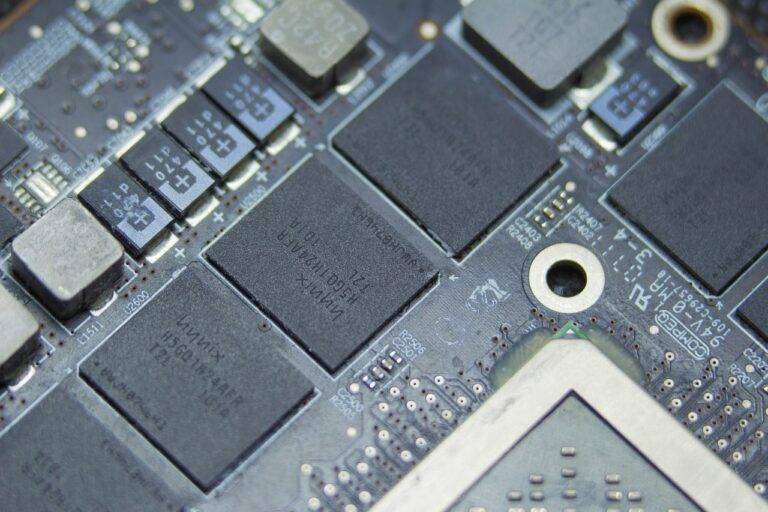The Potential of Nanotechnology: Engineering at the Molecular Level
Nanotechnology is a field of science and technology that deals with materials at the nanoscale level. At this scale, materials exhibit unique physical and chemical properties that are different from their bulk counterparts. The prefix “nano” originates from the Greek word for “dwarf,” indicating the incredibly small size of nanoparticles which are between 1 to 100 nanometers in size.
These nanoscale materials can be manipulated and engineered to exhibit specific characteristics for a wide range of applications. Scientists and engineers in the field of nanotechnology work at the molecular level, designing and creating new materials with enhanced properties that can be utilized in various industries such as electronics, medicine, energy, and environmental science. The ability to control and engineer materials at such a small scale opens up a multitude of possibilities for innovative advancements and breakthroughs in different fields.
Applications of Nanotechnology
Nanotechnology is revolutionizing various fields, ranging from medicine to electronics. In medicine, nanotechnology is being employed for targeted drug delivery systems, allowing for more precise treatment of diseases. This innovative approach minimizes side effects and enhances the overall effectiveness of therapies.
Beyond medicine, nanotechnology is also making strides in the realm of electronics. Nanomaterials are utilized in developing faster and more efficient electronic devices, paving the way for smaller and more powerful gadgets. The integration of nanotechnology in electronics has enabled the creation of sophisticated sensors, high-performance batteries, and advanced displays.
Benefits of Nanotechnology
Nanotechnology offers a myriad of benefits across various industries. By manipulating materials at the nanoscale, scientists can enhance the properties of existing products, leading to improved performance and efficiency. This has paved the way for advancements in fields like medicine, electronics, and environmental science, offering solutions to pressing challenges.
Furthermore, nanotechnology has the potential to revolutionize healthcare by enabling targeted drug delivery systems and more effective medical imaging techniques. By harnessing the power of nanoparticles, researchers can develop personalized treatments with fewer side effects, ultimately improving patient outcomes and quality of life. The precision and versatility of nanotechnology make it a promising tool in the quest for more effective and sustainable solutions to global problems.





